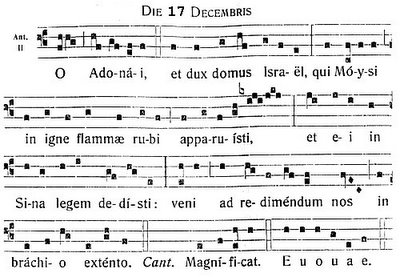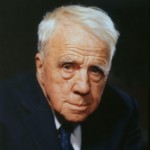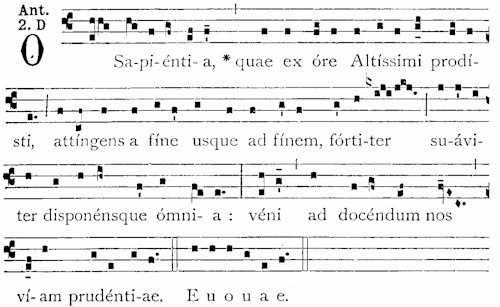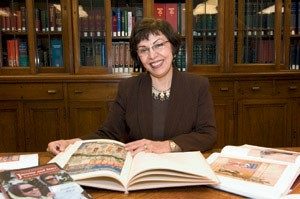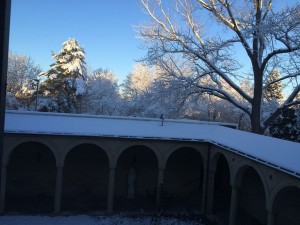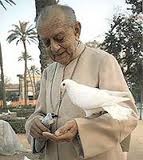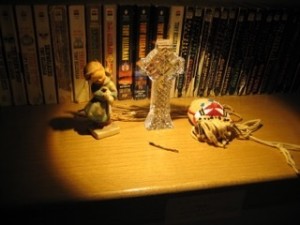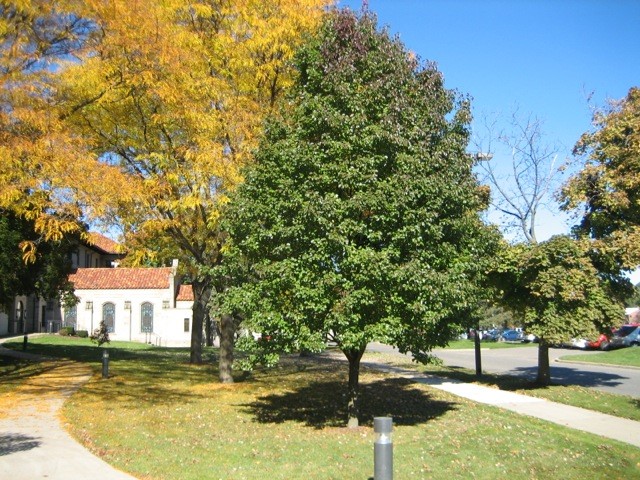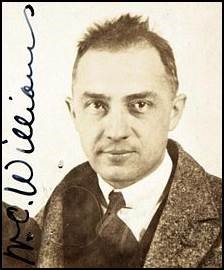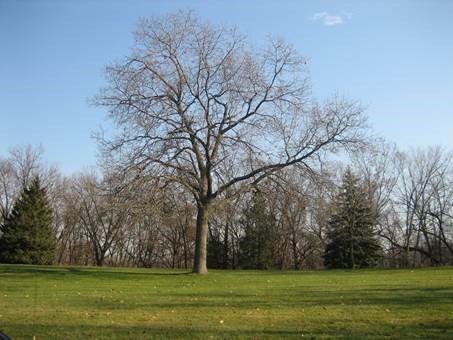Tuesday, December 18 – “to ease attention off when overtight”
We are 4 days out from the winter solstice (http://www.calendarpedia.com/when-is/winter-solstice.html). But that’s for the future. Now, deep into December’s winter, is a time to treat long nights with respect (today: sunrise 7:56 am – sunset 5:01 pm). Robert Frost writes about dim light more as an essential need than a grinding burden. When he calls the interruption of the night “more divine than any bulb or arc” he refers to arc lights and light bulbs. Arc lights were the first economically feasible source of electrical-power-based artificial light. Immensely bright, they hurt your eyes to look at and so were hard to manage. Hard to breathe around them too because they gave off what people often called “noxious fumes.” Back in 1875, though, people thought of them as the march of progress.
R Frost had another idea, as poets often do. The O Antiphon sings of Adonai as Lord and Leader appearing in the fire of the burning bush of Moses in the Sinai.
Best to read the poem out loud, with pauses. Today’s early winter sky dawns with crystal clear sunshine and a medley of gusty winds and traces of cloud. When the winter night’s dance arrives, may its precious dark anoint you.
john sj
Today’s Post: Robert Frost “The Literate Farmers and the Planet Venus”
Here come the stars to character the skies,
And they in the estimation of the wise
Are more divine than any bulb or arc,
Because their purpose is to flash and spark,
But not to take away the precious dark.
We need the interruption of the night
To ease attention off when overtight,
To break our logic in too long a flight,
And ask us if our premises are right
O Antiphon # 2 – “O Adonai”
“O Lord above and ruler of the house of Israel,
who appeared to Moses in the flaming bush,
who gave the Law to him on Mt Sinai
Come and save us with your strong arm’s reach.
To listen to the Antiphon sung in Gregorian Chant
https://www.youtube.com/watch?v=CvafrxZ_Ww4
Robert Frost 1874-1963

